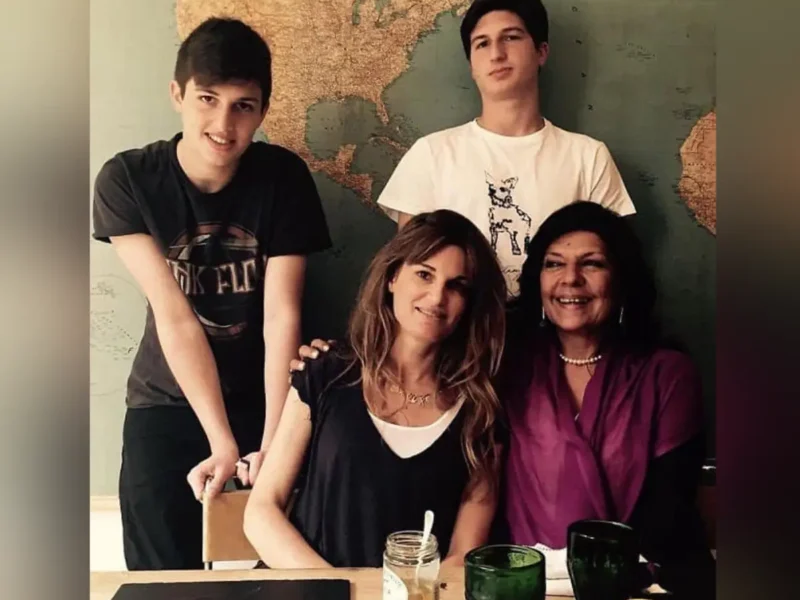
UPenn Grad Nikil Ragav Named Winner of 2020 President’s Innovation Prize
Indian American Nikil Ragav, a graduate of the University of Pennsylvania, was named the winner of the 2020 President’s Innovation Prize. (upenn.edu photo)
India-West Staff Reporter
The University of Pennsylvania said in a March 3 news release that Indian American Nikil Ragav, and his inventXYZ program, was selected for the 2020 President’s Innovation Prize.
inventXYZ is dedicated to bringing high-tech, hands-on education to high school students everywhere by setting up makerspaces, or collaborative work spaces, at partner schools across the country, the university release said.
For winning the prize, Ragav received an award of $100,000 and an additional $50,000 living stipend.
Ragav, from Sugar Land, Texas, graduated from Penn last year from the Jerome Fisher Program in Management and Technology studying electrical engineering in the School of Engineering and Applied Science and Operations at the Wharton School, the release said.
“Nearly every job, regardless of industry, from manufacturing to marketing is fundamentally changing due to advances in robotics, AI, automated manufacturing, internet connected electronics, and data science,” Ragav said in the report.
Since winning the prize, Ragav has launched a new website at inventXYZ.com.
In summer 2020, after schools had to go virtual, he launched the “inventsummer” program where students could sign up directly to learn to build and code real-world projects.
For example, students got a chance to build and code a handheld Pong video game while applying algebraic systems of equations and inequalities. They also learned about self-driving cars with expert mentors at Nuro and Google X, the university release said.
This summer, in a series of new, intense, week-long programs, students can learn from mentors how to build and code projects. Courses include: Code your own COVID Spread Simulator, Visualize Senate Election Data, and Build a Portable Music Synthesizer.
inventXYZ aims to empower the inventors of tomorrow through practical, real-world experiences and education for all students regardless of income or background.
“Our goal is to help high school and district administrators, who aren’t really industry experts in any of these new fields, demystify the future of work and prepare students with hands-on STEM and computer science skills in each of their core courses to prepare them for the future of work in any field,” Ragav said in the report.
inventXYZ’s innovative curriculum, what they call an “inventcurriculum,” enables students to build and code a hands-on technology project in each academic class and blends tech industry standards with Common Core and Advanced Placement standards, it said.
To help schools deploy the curriculum, inventXYZ works with high schools across the country to set up makerspaces, or collaborative work spaces. inventXYZ’s standardized makerspace design called “inventorspace,” includes equipment for automated manufacturing, electronics design, augmented/virtual reality, filmmaking, and digital music, the Penn report said.
Ragav and the inventXYZ team are working to sell 12 more of these virtual inventcurriculum experiences.
He was invited to present to 30 school districts in Kansas City in January through the Kansas City STEM Alliance ecosystem. Several schools signed up for a virtual project after watching the presentation.
Ragav also set up a short professional development workshop called “inventfuture” for school district administrators and high school leaders to see examples of the future of work and collaboratively design how to integrate new technical skills into core courses to prepare every student, the university noted.
He is also working to help design a makerspace in Kansas City funded by football player Travis Kelce of the Kansas City Chiefs, which plans to open later this year, it said.
Operation Breakthrough, an organization that works with low-income students in urban Kansas City, currently works with preschool to middle school-age students and is building the makerspace to expand its support to high school students.
Ragav is looking to recruit those who have worked as teaching assistants or have a blog or YouTube channel about technical projects in virtual reality, electronics, hands-on industrial design, web development, or music signal processing, the report said.
“Why be 1 of 100,000 people at a Microsoft or Google when you can be 1 of 10 people at inventXYZ working on technical projects that are just as sophisticated, get the opportunity to develop curriculum and mentor high school students?” says Ragav. “So many recent college grads tell us, ‘I wish I had that when I was in high school.’”




